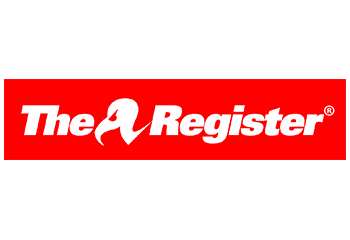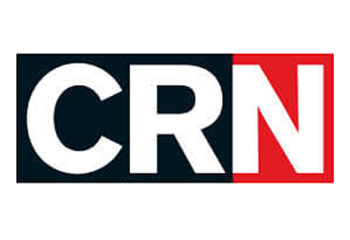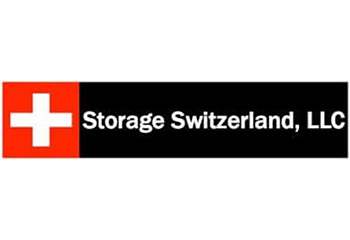Today INFINIDAT announced that it was expanding its InfiniBox Storage Family. The InfiniBox line now offers unified block and file support in a single rack. Though the InfiniBox known for having very high capacity (2PB per rack), it is now being offered in a more midrange system starting at 250TB, the InfiniBox F2000. And INFINIDAT is adding a near synchronous replication capability. All new InfiniBox Storage devices will come is NAS functionality enabled and existing devices can have the functionality through a non-disruptive software update. This new NAS functionality is a native software-based NAS implementation, not a NAS front-end. The NAS capability is designed for hyperscale workloads and INFINIDAT states that it supports high performance access to thousands of files and multi-petabytes of capacity on a single file system. The new NAS functionality supports all of the features of INFINIDAT block storage including: a single automated management console, zero latency, non-blocking high performance snapshots, thin, smart clones, self-healing high-availability, hybrid disk/SSD infrastructure, and non-disruptive upgrades.







